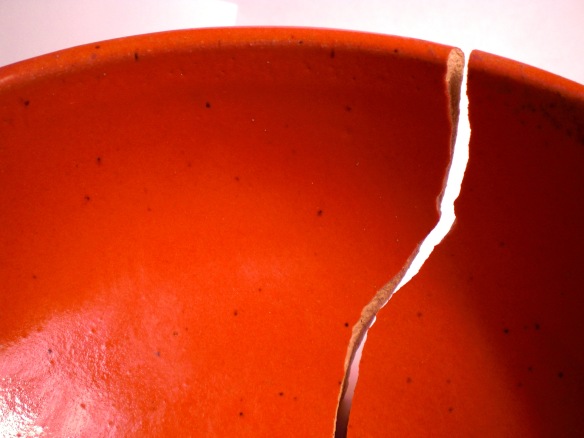 TVBS’s ‘The Situation Room’ has returned to talking about the impeachment proceedings launched by the Control Yuan against National Taiwan University President Kuan Chung-ming after he’d been in the post just a week. The discussion reveals a lot of interesting theories about the role of the「獨派」, or ‘pro-independence’, faction within the Democratic Progressive Party, who President Tsai is said to have appointed to the Control Yuan as a compromise, but who are now allegedly going rogue.
TVBS’s ‘The Situation Room’ has returned to talking about the impeachment proceedings launched by the Control Yuan against National Taiwan University President Kuan Chung-ming after he’d been in the post just a week. The discussion reveals a lot of interesting theories about the role of the「獨派」, or ‘pro-independence’, faction within the Democratic Progressive Party, who President Tsai is said to have appointed to the Control Yuan as a compromise, but who are now allegedly going rogue.
Kuan has been accused (so far) of having a second post while being an official, writing editorials in Yizhoukan (一週刊), although there is a lot of debate as to whether or not this constitutes a second post, as contributing to magazines and newspapers is quite a common practice among officials.
In the course of this debate, Cheng Li-wen (鄭麗文) used a Taiwanese phrase *09:50* to try and communicate what she feels is the disconnect between the priorities of the DPP and of the public:
老百姓(in Mandarin) 逐工著是顧三頓爾(in Taiwanese)
逐工 ta̍k-kang 就是 tiō sī 顧三頓 kòo-sann-tǹg 爾爾 niā-niā*
逐工 ta̍k-kang is equivalent to 每天 in Mandarin (every day)
就是 tiō sī is the same as Mandarin (are just)
顧三頓 kòo-sann-tǹg is equivalent to 顧三餐 in Mandarin (to concern oneself with getting three square meals)
爾爾 niā-niā is equivalent to 而已 in Mandarin (and only that)
*I’m not sure if she says niā once or twice here.
From the context of her comments, we can guess why she chose to use a Taiwanese phrase. She’s talking about and appealing to the common man who hasn’t got time for politics, and Taiwanese is a way of appealing to this Taiwanese everyman.
Interestingly in the 五月天 (Mayday) song ‘I Love You無望’ both the phrase 逐工 ta̍k-kang (0.20), and ‘每一工’ muí tsi̍t–kang (0.31) are used, to mean “every day”. In Mandarin 逐日 is more formal and is closer to on a daily basis, whereas 每天/每一天 is less formal. I’m not quite sure of the differences in Taiwanese, although one Taiwanese friend suggested that 逐工 can mean “the entire day”.

 Ko Chih-en (柯志恩), a KMT legislator-at-large, is another regular on TVBS’s political panel show ‘The Situation Room’.
Ko Chih-en (柯志恩), a KMT legislator-at-large, is another regular on TVBS’s political panel show ‘The Situation Room’. One of the great things about living in Taiwan is that when political leaders make speeches, like the speech made by Xi Jinping on Jan. 2, there is a flurry of discussions and critique on political panel shows and on social media, and people aren’t scared to express their own opinions on them. This is also a great learning opportunity, as people are more likely to come out with an interesting turn of phrase when they’re not being overly careful about what they’re saying.
One of the great things about living in Taiwan is that when political leaders make speeches, like the speech made by Xi Jinping on Jan. 2, there is a flurry of discussions and critique on political panel shows and on social media, and people aren’t scared to express their own opinions on them. This is also a great learning opportunity, as people are more likely to come out with an interesting turn of phrase when they’re not being overly careful about what they’re saying.